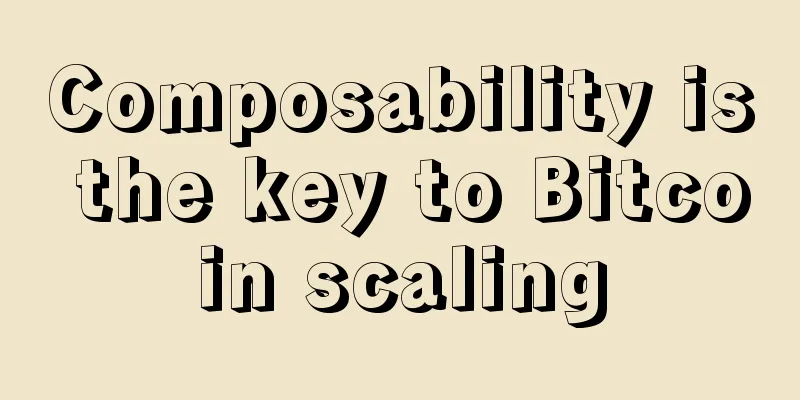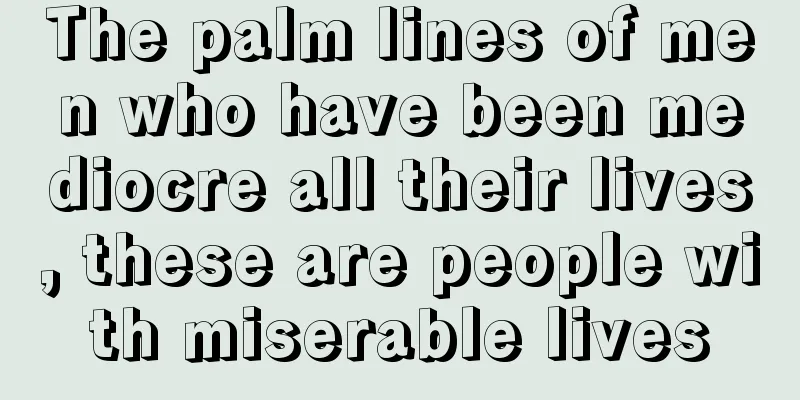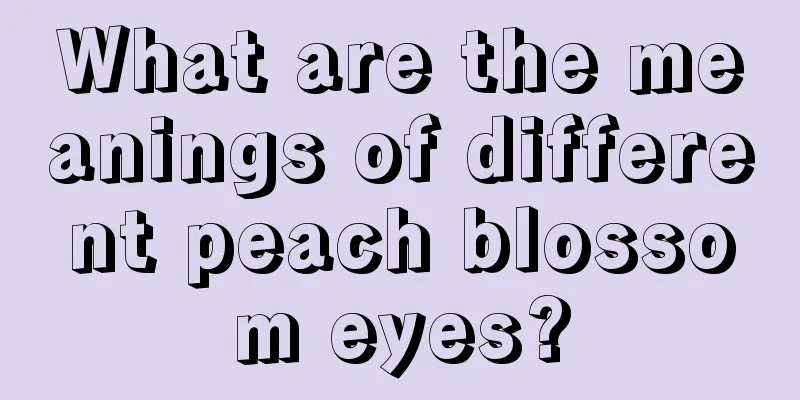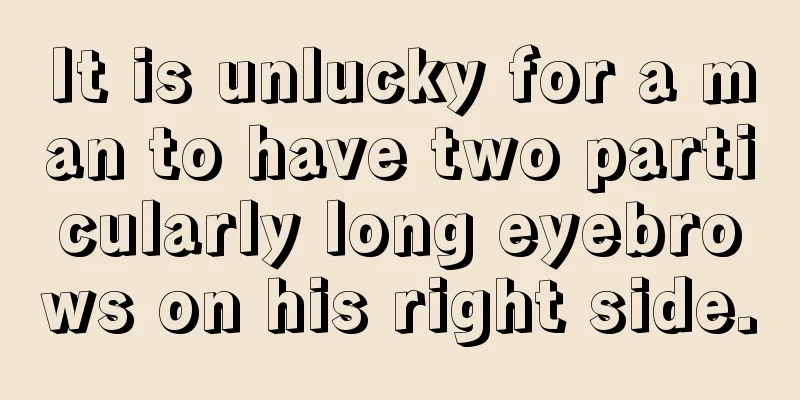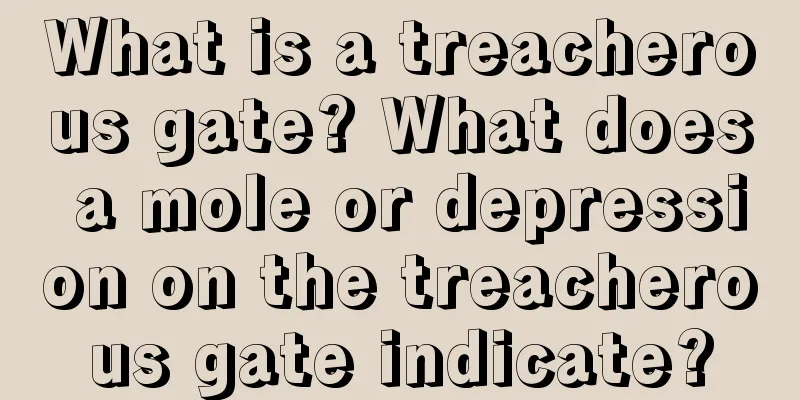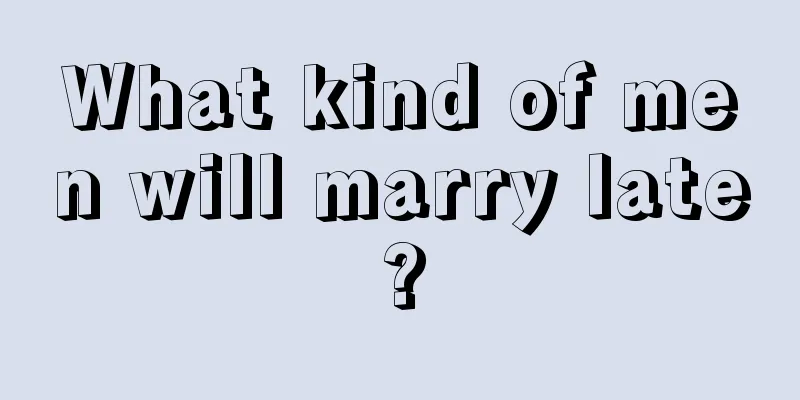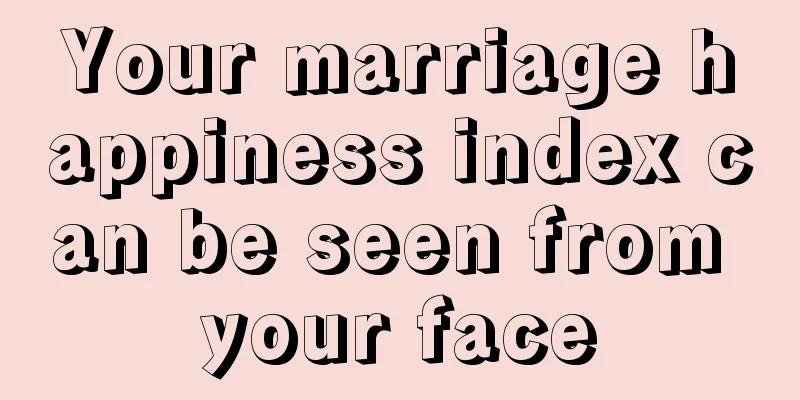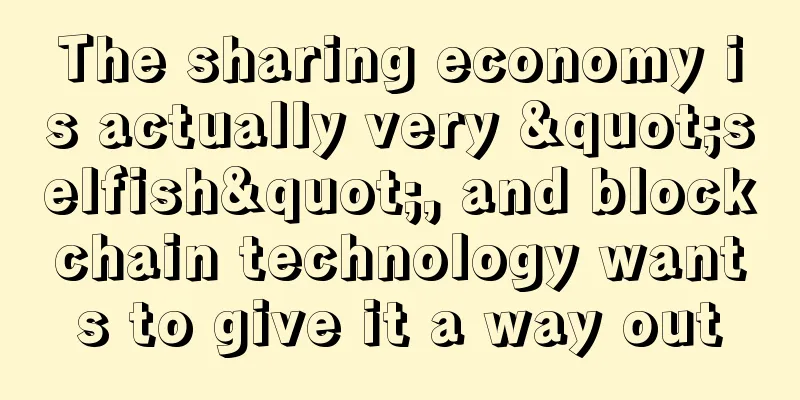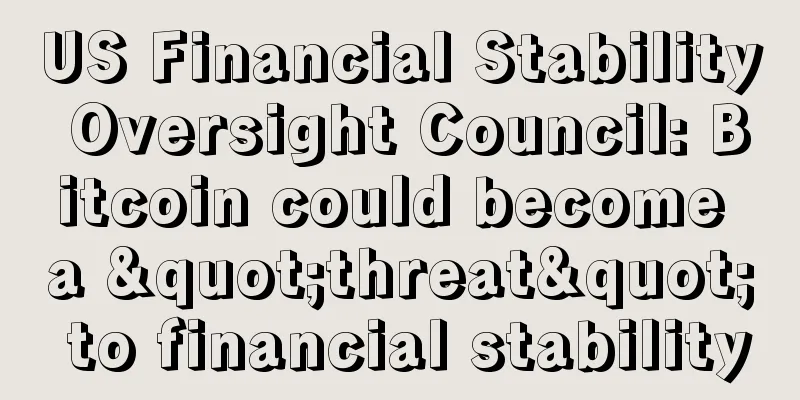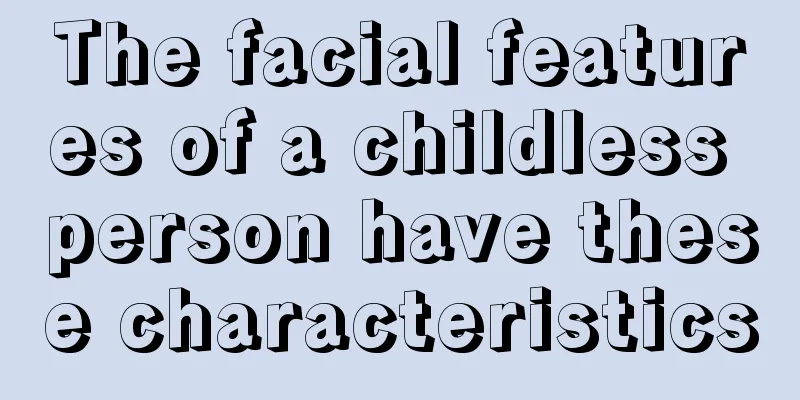Blockchain can prevent voter fraud, but it’s not a foolproof solution at this stage
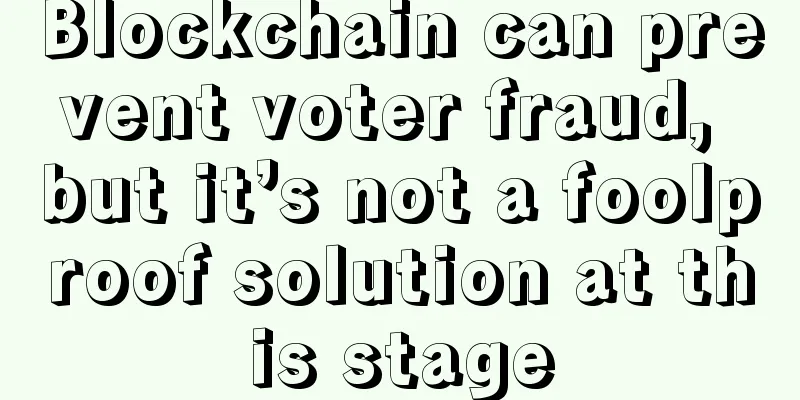
|
Cybersecurity has been one of the hottest topics in the 2016 U.S. presidential election, with the Nov. 8 showdown just around the corner. Concerns are growing that domestic or foreign actors could try to distort the results. While many believe that all forms of electronic voting should be abandoned and a return to offline paper systems should be made — especially now that electronic voting machines have proven to be so vulnerable — others are hoping for new technologies to make voting more secure. In particular, blockchain technology is attracting a lot of attention. Because blockchain is a distributed transaction ledger—in other words, the information recorded in this ledger is not stored once in one system, but is stored multiple times by many independent nodes—votes can be stored in an immutable and tamper-proof way. Once a vote is securely protected using a hashing algorithm and stored by thousands, millions, or someday billions of nodes, it is theoretically impossible to modify the vote because it would require enormous resources and computing power that a single party cannot muster. Although blockchain was originally designed for currency transactions, its characteristics make it an ideal solution for supporting voting systems and registering votes. The blockchain's ability to prevent duplicate payments of digital currency can also ensure that duplicate votes will not occur, and its transparency and openness also make it auditable. By analogy with digital currency, blockchain voting will issue each voter a 'wallet' (a user certificate) and a 'coin' (a voting opportunity), and voters can transfer their 'coins' to the wallet of the candidate of their choice to cast their vote. Voters can only spend their 'coins' - or cast their votes - once, but they can flexibly change their votes before the deadline. As for security, the decentralized nature of blockchain and the absence of a single point of failure make it very resistant to DOS attacks and other threats that typically target client or server architectures. Additionally, blockchain-based voting can eliminate some of the forgeries that can occur with paper voting systems, such as replacing ballot boxes with fraudulent means. Who are the blockchain voting players? There are already many blockchains in existence, many of which can be used as voting service platforms. Another New York blockchain technology company is taking a hybrid approach of a blockchain voting system and a paper voting system, using QR codes to ensure that each vote is cast only once. However, we are seeing blockchain voting gaining traction outside of the United States. For example, the government-owned Australia Post is creating a location-independent and tamper-proof voting system that is trackable and anonymous and provably resistant to denial-of-service (DoS) attacks. The system allows users to vote via secure digital access keys, and the system also issues 'voting points' that users can pay to vote. The system protects voter privacy through encryption and digital signatures. The vote counting process is to compile the results on the blockchain. The service is currently being trialled at corporate and community elections, but project leaders hope it will one day be able to handle full parliamentary elections.
Another country looking to use blockchain technology for voting is Estonia. Estonia has become a leader in blockchain through its e-residency program, an electronic identity platform that enables foreigners to operate businesses and access government services in Estonia. The country is complementing previous work with a blockchain-based electronic voting system that allows Estonian citizens and e-residents to securely vote at company shareholder meetings. Blockchain voting also made its debut in the Middle East via In Denmark, There are other blockchain voting efforts underway in other parts of the world. For example, Ukraine’s Blockchain is not a perfect solution yetAlthough a promising technology, blockchain is not foolproof and has a long way to go and many hurdles to overcome before it can realize its full potential. For example, although the blockchain itself is very secure, the private keys and passwords used to ensure the security of accounts (wallets) will become a vulnerability if they are lost or fall into the wrong hands. Ease of use is also a point of contention. Voting must be accessible nationwide, not just to a tech-savvy minority, so election technology must be intuitive and easy to use. The concept of blockchain and private keys may not be to everyone’s taste just yet. And the involvement of the government in the process of setting up blockchain voting is also a problem. The premise of blockchain is that there is no third-party agency involved, and every user is anonymous. Trying to link this technology with voting, then the identity needs to be confirmed, which may cause fundamental problems. If these obstacles can be overcome, perhaps we will eventually turn to blockchain voting, just as many of us have turned to online banking and mobile payments, even though we were all very worried about them 20 years ago. What is certain is that the electoral process is lagging far behind technological advancement. Sticking to paper elections is not a strategic and long-term answer to cyber threats to elections. Will blockchain develop into the answer for elections? |
<<: Blockchain will soon power stock markets, music sales, and even prevent child labor — how?
Recommend
TokenInsight's top computing power - March online
/ One-on-one interview: Listen to Shenyu talk abo...
What’s Next for U.S. Crypto Regulation?
I’m in Davos right now, and U.S. President Donald...
What are the facial features of a scheming woman?
In daily communication, the last thing we want is...
Data shows Bitcoin whales have stepped up their buying since Christmas
On-chain data shows that Bitcoin (BTC) whale purc...
How to use the Chuan-Zi Palm to improve luck more effectively
Each of us has our own characteristics in the pal...
91.8% of Bitcoin holders worldwide are men
Bitcoin news website Coindesk recently released i...
What is the marriage line? Men and women treat marriage faithfully
What is the marriage line? Men and women treat ma...
Hackers investigating Paris attacks say Bitcoin is IS's primary form of cryptocurrency
According to a report by Russia's Sputnik New...
Bitcoin is about to surge? Beware of shady dealings
Currently, Bitcoin has been fluctuating around $9...
Men with moles on their noses are more likely to attract bad luck in love.
How to interpret the mole on the bridge of nose? ...
Review 2021 through data and look forward to 2022 by following trends
Overview of the NFT Market in 2021 So far, NFT sa...
What kind of person has the best heart according to palmistry
In fact, in this society, it is difficult to be a...
How to read life through palmistry 16 ways to read life through palmistry
Labor created the world, and hands are an importa...
Chain Games Launches Provably Fair Bitcoin Game
Bitcoin and online gaming seem to be a perfect ma...
The DAO, the largest crowdfunding project, was rumored to be attacked, and the price of digital currency fluctuated violently
Reporter: Pencil lead Just over four hours ago, t...
